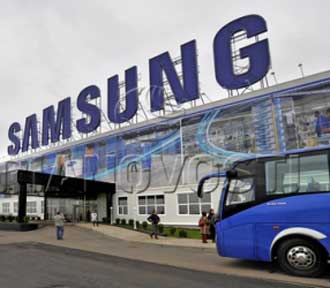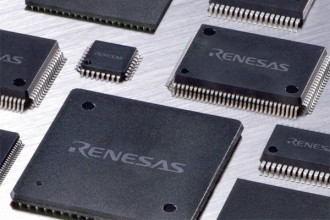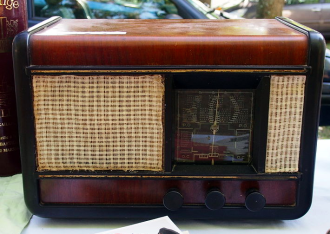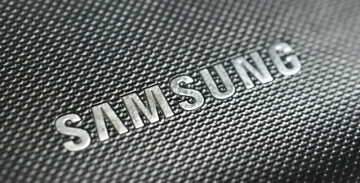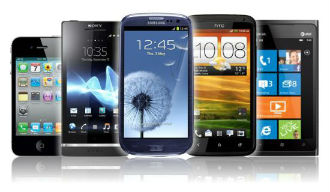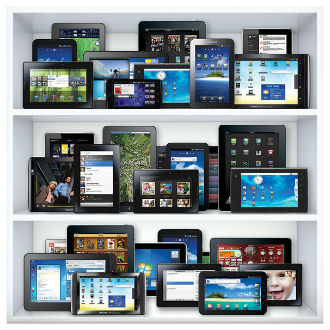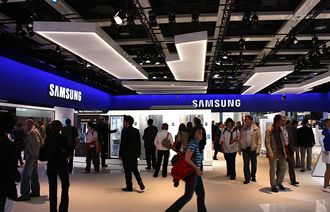 Samsung and LG have called off a daft and expensive legal war which was sparked by a set of damaged washing machines.
Samsung and LG have called off a daft and expensive legal war which was sparked by a set of damaged washing machines.
The two companies said in a joint statement they would withdraw all complaints against each other and ask legal authorities to refrain from meting out harsh punishments in cases going on.
LG appliances chief Jo Seong-jin was indicted by Seoul prosecutors on a charge of deliberately damaging Samsung washing machines at a retail store in Germany last September. Samsung asked for a criminal punishment. Prosecutors have not declared what penalty they would seek against Jo.
The pair were creating much merriment as they argued over how many washers were damaged by Jo and other employees. LG published surveillance video footage to YouTube in an attempt to prove Jo’s innocence, and Samsung sent in its forensic teams to prove the video was heavily doctored.
“Both sides have agreed to avoid legal action and resolve any future conflicts or disputes through dialogue and mutual agreement,” the companies said.
It is not clear if this is the legal equivalent of agreeing to step outside or to have a dual between executives. We just hope that if there are duals that they are televised when Game of Thrones is finished.
The agreement extends to Samsung Display and LG Display. Samsung Display employees were indicted in February on charges of stealing organic light-emitting diode (OLED) display panel technology from LG Display. Samsung Display has said the technology was widely known in the industry and that the indictment was excessive.
The Seoul Central District Prosecutors’ office declined to comment on the case against the LG Electronics appliances chief, and the Suwon District Prosecutors’ Office declined to comment regarding its case against the Samsung Display employees
If it did it would probably be something like “big multinational companies will be big multinational companies.”


